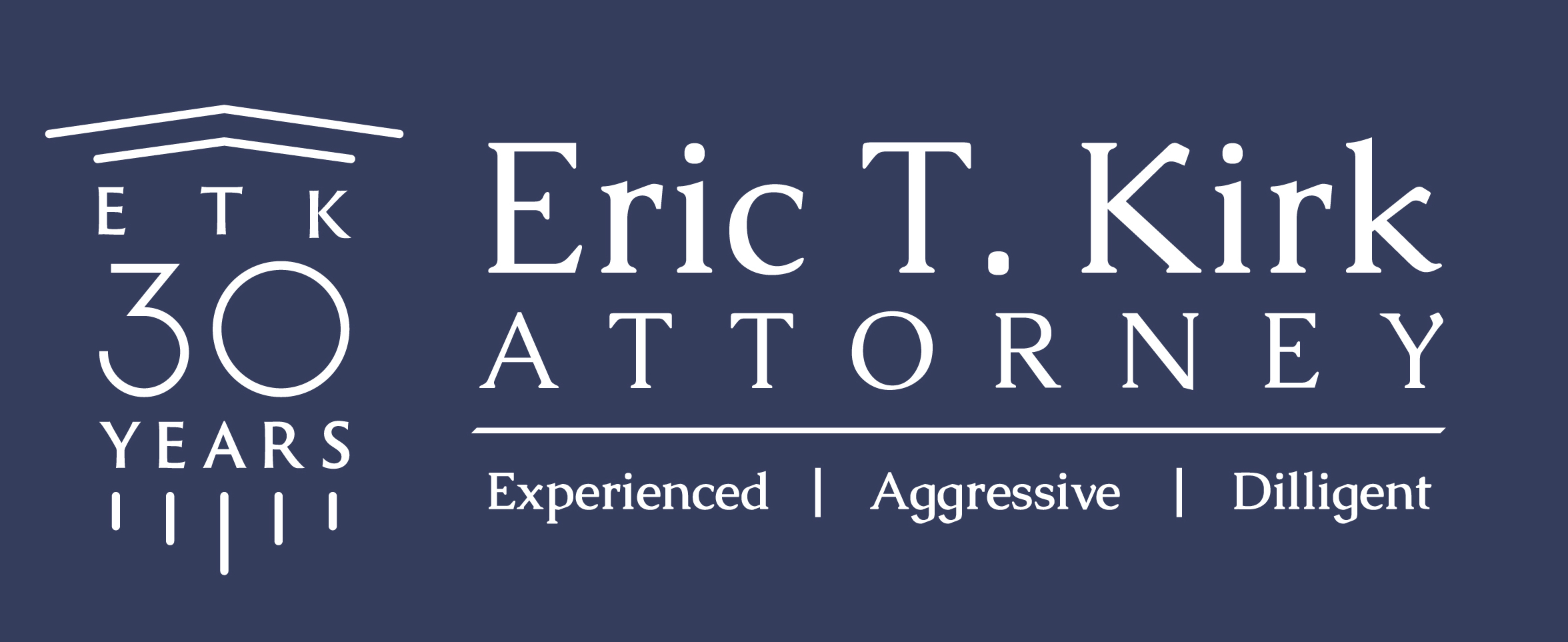I Was Hurt In A Car Accident While Riding In An Uber Or Lyft. Is There Insurance Coverage?
Taxi services have been around for hundreds of years. The modes of transportation, of course, evolved over time. A traditional business model was one in which a taxi companies owned a fleet of vehicles that their employees drove. As Attorney Eric T. Kirk will tell you.

Another model employed was one in which a cab was leased to the driver, or owned by the driver outright, and the drivers were treated as independent contractors. This later system was the historical model in Baltimore, and remans the most common situation. Whatever the specifics, many taxi companies also acted as facilitating entities for drivers in dispatching them to and from locations where a paying passenger would be picked up. Just as the type of vehicles used by taxi cab companies have evolved, so have the business models and dispatching methods. Relatively new ventures like Uber and Lyft are unique, but perhaps not singular, entities. These ride sharing platforms have become so commonplace and accepted, many believe they will ultimately displace traditional taxi services altogether. The 2020 coronavirus / COVID-19 pandemic certainly had a deleterious impact on ridesharing and traditional taxi services alike, but both continue to be available to Marylander in need of a ride.
For years Uber, claimed that it was not a taxi cab company at all, but rather it was simply an internet application that got people who own cars in touch with people that needed rides. Uber resisted attempts by various states to regulate it as a taxi company. Within the last few years, Maryland, like many other states, has enacted legislation that regulates Uber and Lyft, and in particular controls one very important component of the industry for anyone hurt in an accident – insurance.
Maryland law currently labels businesses like Lyft and Uber “transportation network companies.” In common parlance, these businesses, or the process of getting transportation by them, is often called ridesharing. The law refers to drivers operating under these arrangements as transportation network operators. The basic premise, or the core business model, for Uber and Lyft is that an individual who owns their own car can register with the company as a driver. The company in turn maintains an internet application available to individuals that need a ride. That prospective passenger can register, login and request a ride, and an available driver can accept that assignment, and transport the requester, using their own vehicle. The driver is then entitled to keep a portion of the fare as profit, after his or her expenses.
The problem this relationship creates- with respect to a traditional automobile accident- is that this is “business use” of vehicle. The vehicle is being used “for hire.” Private automobile insurance excludes coverage for accidents occurring during business or commercial use of a vehicle.
So, if there was another vehicle that was at fault for the accident, the only question that might have arisen is will the driver’s personal injury protection apply for the passenger. But what about a situation where the Uber Lyft driver caused the accident?

There was a time that someone injured while in an Uber or Lyft might have had their claim denied by the driver’s insurance on the grounds that is was during uncovered, “for hire” business use. Maryland has now acted to regulate this industry, and imposed requirements. The law requires that the vehicle in use be insured for accidents occurring while the car is being used for these commercial purposes. Md. Public Utilities Code Ann. section 10-405 sets the standards for the insurance that Uber and Lyft drivers must now meet. The transportation network company, [e.g. Lyft] and or the driver, or both, must have in effect liability insurance that, at minimum “recognizes that the operator is a transportation network operator or otherwise uses a motor vehicle to transport passengers for hire; and covers the operator while the operator is providing transportation network services.”1
And insurance that, at least, provides
- “for the payment of claims for bodily injury or death arising from an accident, up to $ 50,000 for any one person and up to $ 100,000 for any two or more persons, in addition to interest and costs; and
- for the payment of claims for property of others damaged or destroyed in an accident, up to $ 25,000, in addition to interest and costs;
- uninsured motorist insurance coverage required under ง 19-509 of the Insurance Article; and
- personal injury protection coverage required under ง 19-505 of the Insurance Article.
This section additionally imposes a requirement that if both the operator and the company are providing insurance, that the company insurance is primary, and requires that the transportation network company have in effect coverage that will operate if the driver’s does not. Some major insurance companies doing business in Maryland have correspondingly started offering policies that specifically provide coverage for the ridesharing use of a vehicle. Other requirements have been established as well. The law now requires Uber or Lyft drivers to possess a transportation network operator’s license and pass a national criminal history records check.
The law further provides that in the event of an accident:
- “ that involves a motor vehicle that is being used to provide transportation network services, the operator, on request of directly interested parties, including a motor vehicle insurer or an investigative law enforcement officer, shall:
- provide proof of insurance satisfying the requirements of this section; and
- disclose whether the accident occurred while the operator was providing transportation network services”.
Moreover, this section additionally provides that:
“In a claim coverage investigation following a vehicular accident, a transportation network company and any insurer potentially providing coverage under this section shall cooperate to facilitate the exchange of information with directly involved parties and any insurer of an operator, if applicable, including:
- the precise times that an operator was logged onto the transportation network company’s digital network:
- in the 12-hour period immediately preceding the accident; and
- in the 12-hour period immediately following the accident; and
- a clear description of the coverage, exclusions, and limits provided under any motor vehicle insurance maintained under this section.”
I have handled and evaluated thousands of injury and accident cases over the years. I extend a complimentary strategy conference, evaluation and analysis process that I employ in every personal injury case brought to us. Contact me today to begin this process. 410 591 2835.
1http://mgaleg.maryland.gov/webmga/frmStatutesText.aspx?article=gpu§ion=10-405&ext=html&session=2016RS&tab=subject5
- Baltimore Personal Injury Trial Lawyer Eric T. Kirk
- Baltimore Car Accident Legal Analysis & Case Studies
- Baltimore Neighborhoods I Serve
A Baltimore car accident and personal injury litigator who has taken hundreds of cases to trial in Maryland, New York and Florida, recovering millions over a 30-year mission to obtain denied compensation for his clients.



